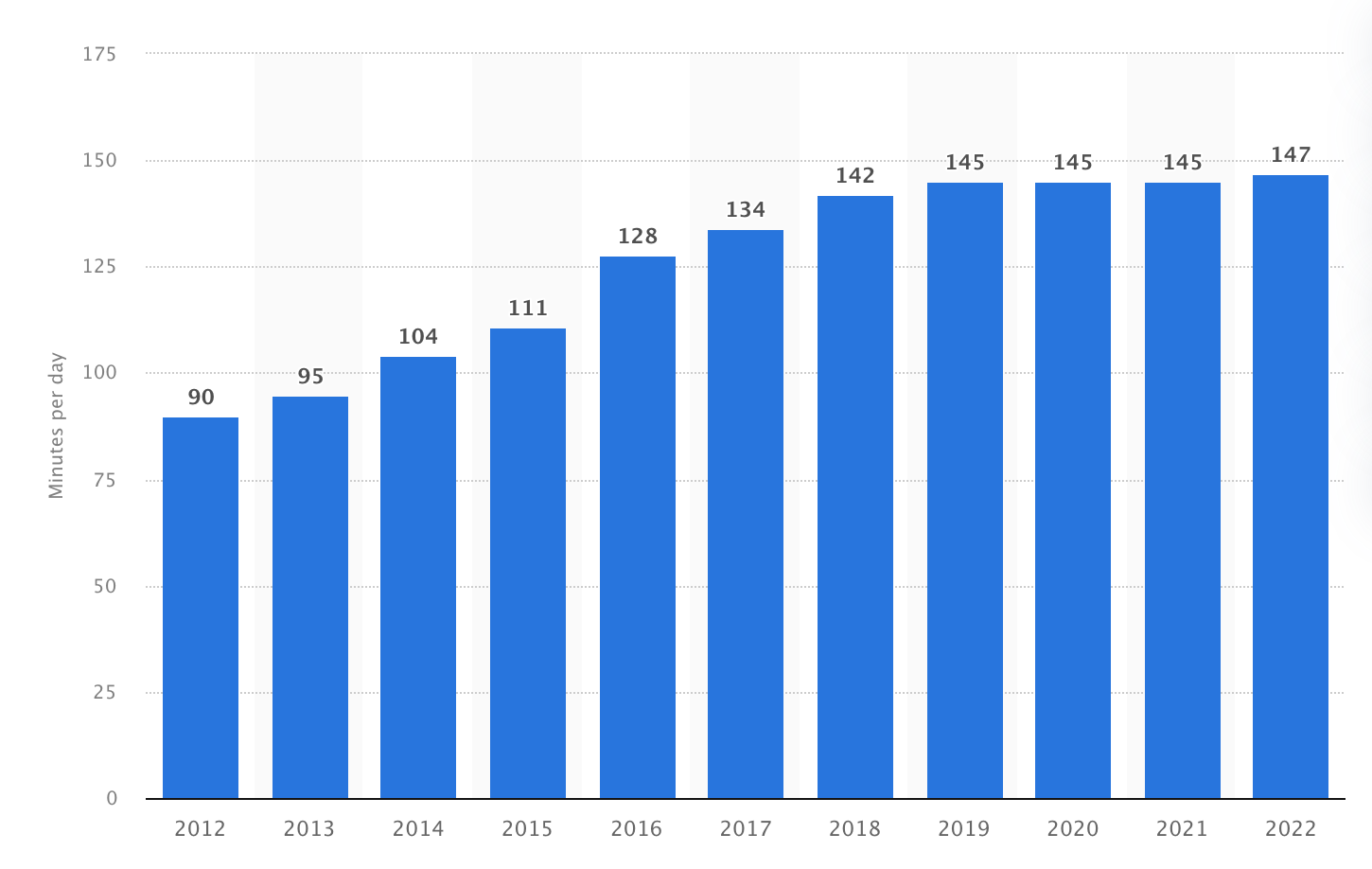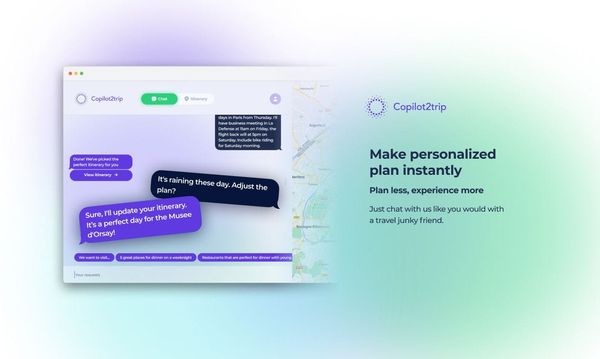Consuming too much data can lead to information overload, causing many problems. It can lead to decreased productivity, as one is easily distracted and unable to focus on a task. It can also cause anxiety and stress, as one struggles to keep up with the constant stream of information. In addition, it can lead to a lack of discernment and critical thinking, as one becomes overwhelmed and unable to process and evaluate the information one receives. Furthermore, consuming too much data can lead to a narrow perspective and limit exposure to diverse ideas and perspectives.
How do we deal with it?
- Prioritize: Decide what information is most important and relevant to you, and focus on that.
- Filter: Use tools like news aggregators, email filters, and social media algorithms to curate your content and reduce the amount of irrelevant information you receive.
- Unsubscribe: Unsubscribe from email lists and social media accounts that consistently provide low-value content.
- Limit your exposure: Set specific times for checking email, social media, and other sources of information, and stick to them.
- Take breaks: Regularly step away from screens and engage in activities that allow your brain to rest and recharge.
- Seek out diverse perspectives: Make an effort to seek out diverse opinions and sources of information to gain a well-rounded understanding of a topic.
- Practice mindfulness: Cultivate a state of mindfulness and remain in the moment, rather than constantly worrying about what information might come next.
We might have a problem.

Time spent with digital media in the U.S. 2024 | Statista
In 2021, adults in the U.S.









Member discussion